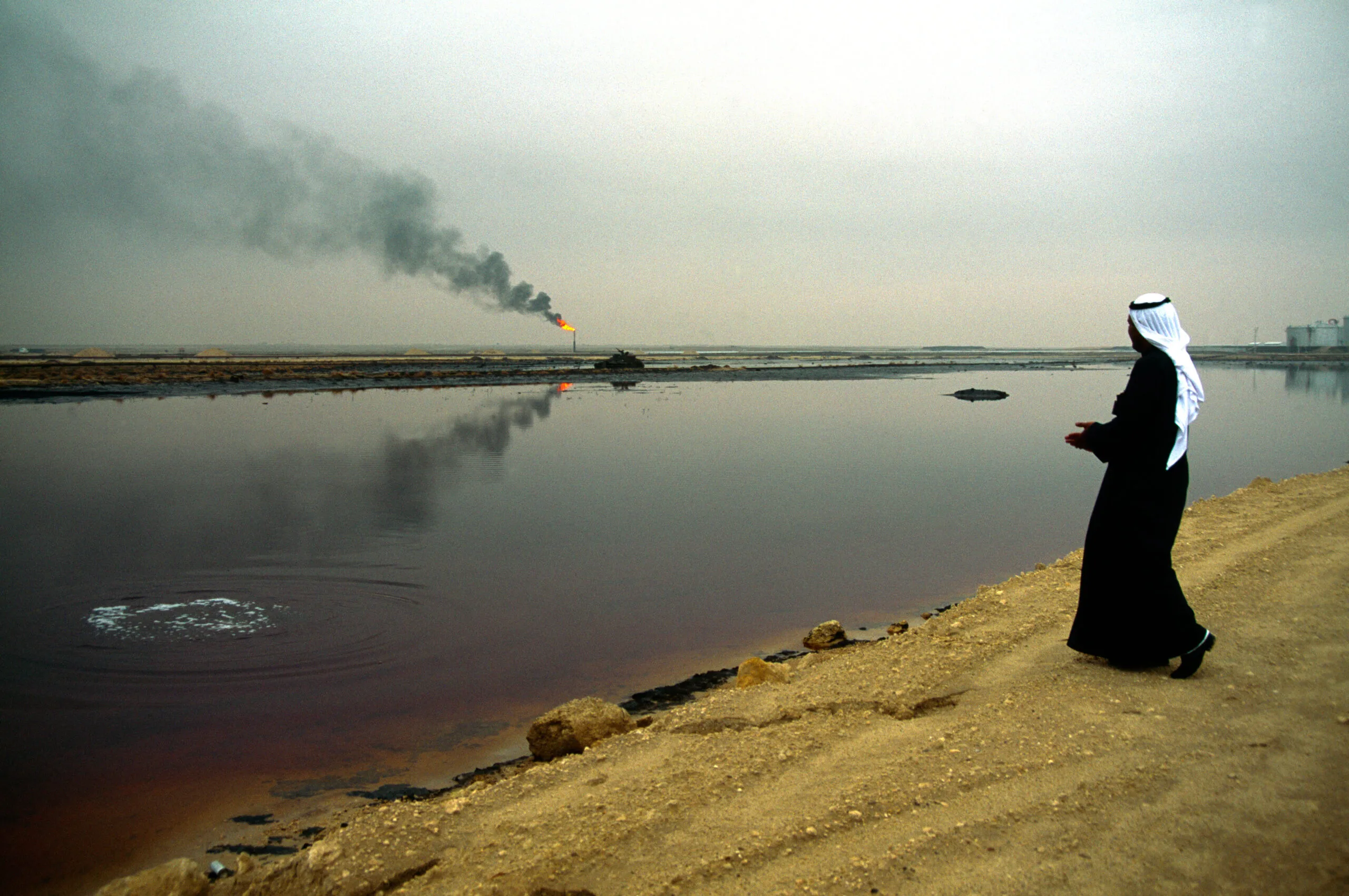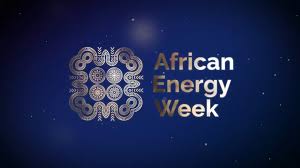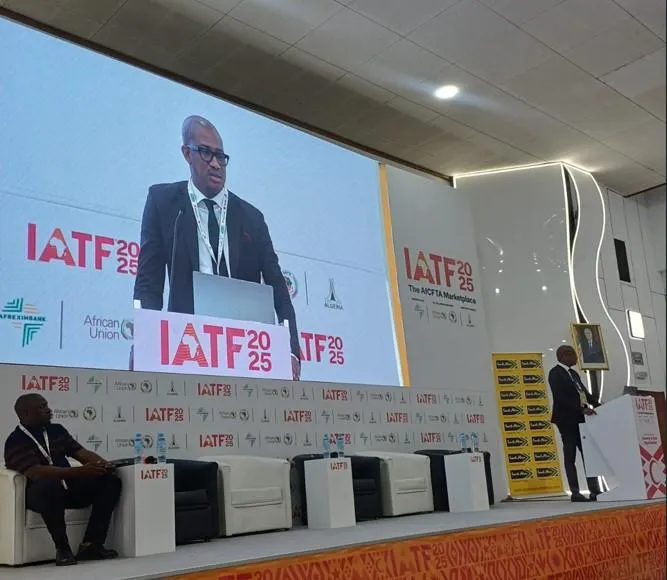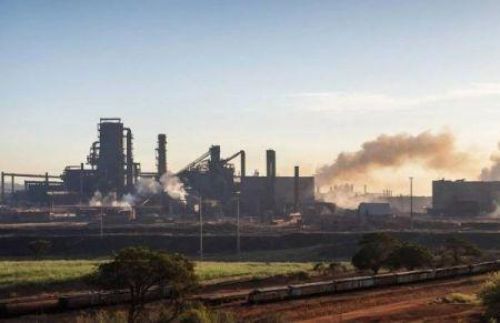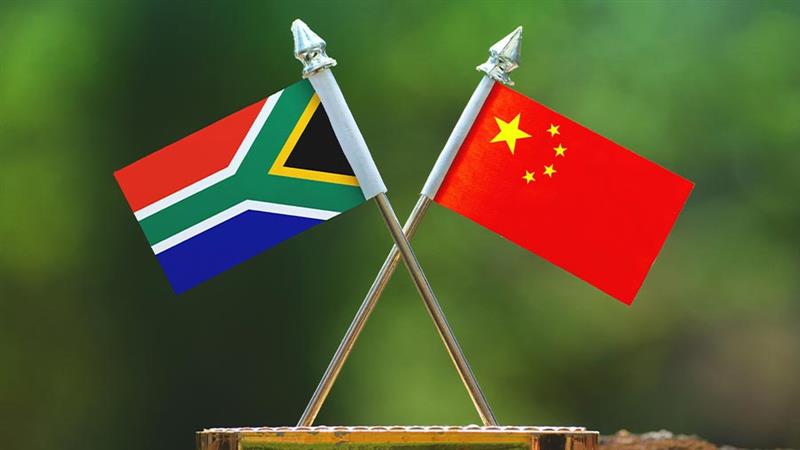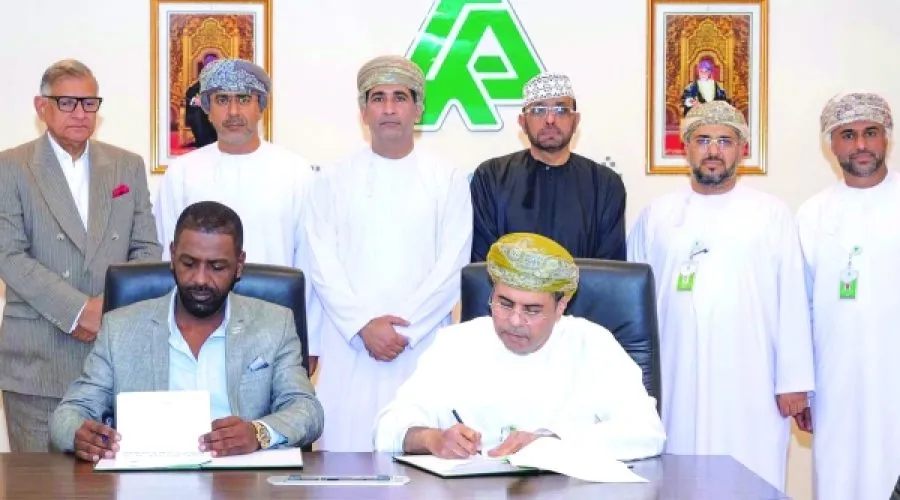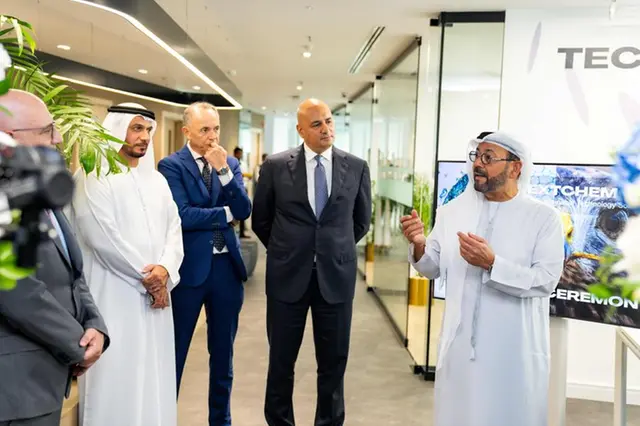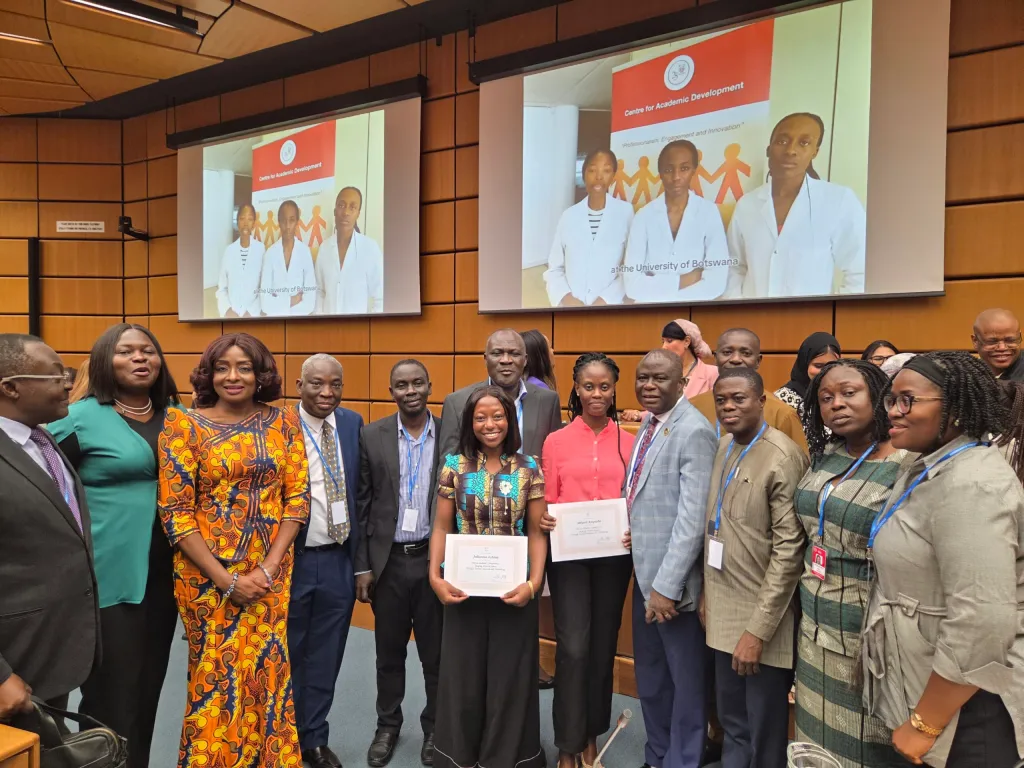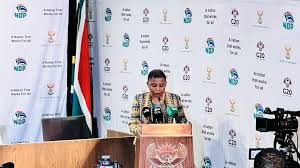Energy Other

The African continent is being forced into an energy paradox
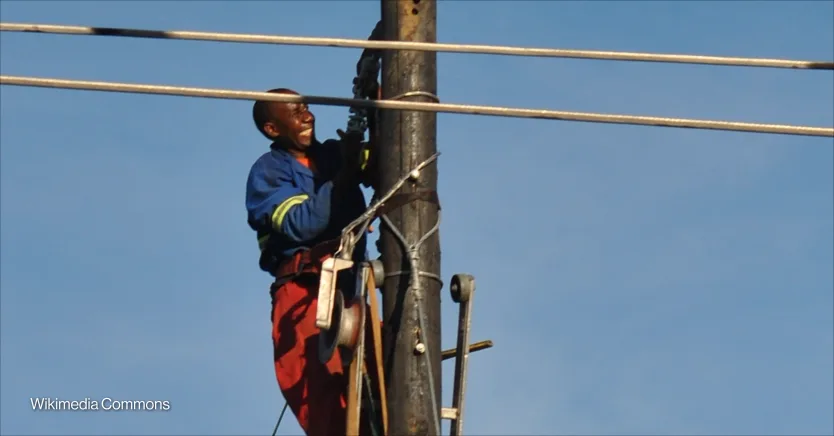
In Lusaka, Zambia, power cuts can last eight hours a day. In Kinshasa, Democratic Republic of Congo, factories sit idle for want of reliable electricity. Yet across Africa, trucks line up to haul cobalt, manganese, and uranium: minerals essential for the world’s clean energy transition.
This is the paradox of Africa’s energy future. The continent is rich in the resources the world needs to decarbonize, but it lacks the financing tools to decarbonize its own growth. The fastest-growing economies on Earth are being told they must rely on intermittent renewables or fossil fuels, because the most reliable low-carbon energy source — nuclear power — remains excluded from carbon markets.
As negotiators gather at COP30, the flagship U.N. Climate Change Conference in Belém, Brazil, this blind spot in carbon finance deserves urgent attention. Under business as usual, Africa risks remaining a supplier of raw materials to fuel a global energy transition it doesn’t participate in.
Carbon markets without nuclear: A critical gap
Carbon markets aim to provide climate finance to low- and middle-income countries, but their value depends on recognizing all low-carbon energy forms.
Until now, they haven’t — but that’s beginning to change. In October, U.S. nuclear plant operator Constellation announced it will begin issuing emissions-free energy certificates for power generated from its nuclear plants.
Still, major climate action standards such as Verra and Gold Standard exclude nuclear power from generating carbon credits. That decision has real consequences, shutting low- and middle-income countries out of their best bet to grow without emitting carbon.
Nuclear power is the second-largest source of low-carbon electricity in the world. It operates more than 90% of the time, eclipsing other energy sources and providing steady baseload power that ensures reliable supply for homes and industries, while also supporting renewables such as wind and solar by mitigating their intermittency. According to the International Energy Agency, or IEA, over the past 50 years, global nuclear power has avoided nearly 70 gigatons of carbon dioxide emissions, roughly two full years of total global energy-related CO₂ emissions (the world emitted approximately 36 gigatons in 2023). Yet in global carbon markets, this contribution is not recognized.
This creates an uneven field: Wind and solar projects benefit from carbon credits, but nuclear does not, affecting Africa's ability to attract investment for major nuclear energy projects.
Africa’s mineral wealth, energy poverty
Africa holds some 30% of the world’s reserves of critical minerals, from cobalt and lithium to rare earth elements and uranium. These resources are indispensable for producing batteries, electric vehicles, and renewable technologies.
But mining and processing them is energy-intensive. A single copper mine can consume as much power as a medium-sized city. Refining cobalt or manganese into battery-grade materials requires steady, 24/7 electricity.
Without nuclear, the only baseload options are coal and gas. That means Africa is forced into a cruel irony: exporting “green” minerals to the world while generating “brown” emissions at home. In some cases, minerals labeled as clean inputs to the energy transition are extracted with diesel generators or refined with coal power.
This undermines both global climate goals and Africa’s development. Africa risks staying in an extractive role — exporting minerals for others while importing dirty fuels for itself.
Why nuclear fits Africa’s needs
Modern nuclear technology offers a different path. Small modular reactors, or SMRs, which have the generation power of about one-third of traditional reactors, advanced fuel systems such as molten salt and metallic fuels, and other next-generation designs are well-suited for African contexts. They are:
• Reliable: Able to provide round-the-clock power, complementing variable renewables.
• Scalable: Deployable in modular units, suitable for both national grids and off-grid industrial hubs.
• Space-efficient: Requiring far less land than solar or wind farms — a critical advantage where land is contested between energy, agriculture, and conservation.
• Climate-resilient: Unlike hydropower, nuclear is not vulnerable to droughts, which are increasingly common due to climate change.
For mining operations in remote areas, SMRs could provide both continuous power and heat for processing, reducing emissions significantly while enhancing energy security. For national electricity grids, nuclear energy could serve as a stable foundation in a diversified clean energy mix, helping countries increase renewable generation without compromising grid reliability or industrial growth.
The financing conundrum
In short, nuclear power is not a luxury for Africa. It brings multiple benefits: round-the-clock clean power, significant emissions reductions, and supports both industrial and economic development essential for the continent's future.
Yet, financing is the biggest barrier. Nuclear projects need substantial up-front investment. Investors must follow ESG — or environmental, social, and governance investing — standards, which carbon markets could offer — if nuclear were included.
Right now, African governments and companies exploring nuclear options face a financing desert. Solar and wind projects attract concessional finance, development bank support, and carbon credit revenue. Nuclear projects do not.
This leads to perverse incentives: African nations are steered toward energy options unable to meet industrial needs, while better-suited options are excluded. Excluding nuclear energy from carbon markets also signals to financiers that it's not green.
For Africa, the costs of this message are immediate and severe. It means persistently high reliance on fossil fuels, stunted industrialization, and ongoing vulnerability to crippling power shortages that threaten everything from health care to education to investment opportunities.
Ultimately, this is a justice issue: Africa provides minerals for global transitions but is denied access to the same clean energy pathway.
A call to action at COP
The Intergovernmental Panel on Climate Change and the IEA have both made it clear: the world cannot reach the 1.5 degrees Celsius target without nuclear energy. If that is true globally, it is doubly true for Africa.
Negotiators at COP30 must urgently correct this gap in carbon finance. Immediate inclusion of nuclear energy projects in carbon markets is essential for Africa to access the clean, reliable energy it needs to thrive. Delay will keep Africa trapped as a raw materials supplier, unable to build its own sustainable future.
Africa’s progress depends on immediate carbon market reform. Inclusion is vital for both Africa and the world’s transition, and it is urgent to act decisively to support Africa’s clean energy future.



